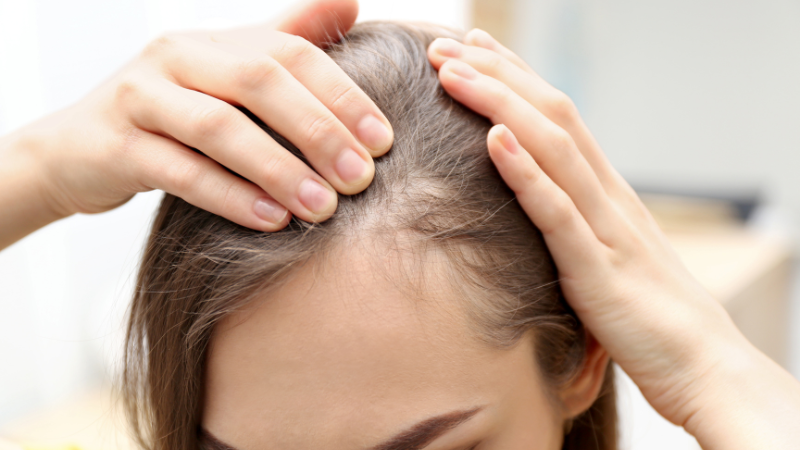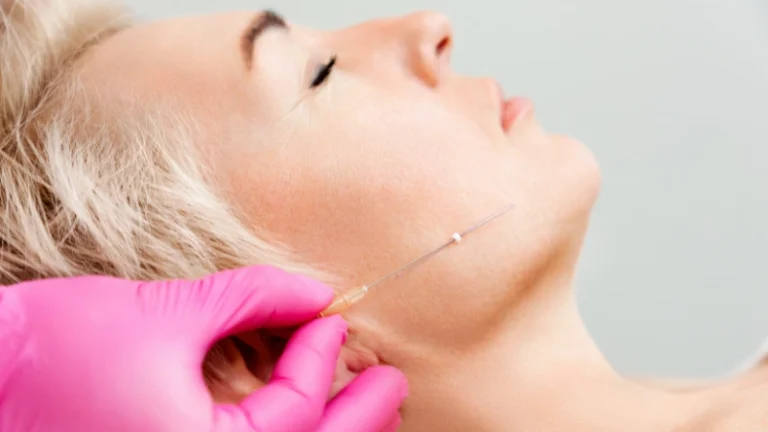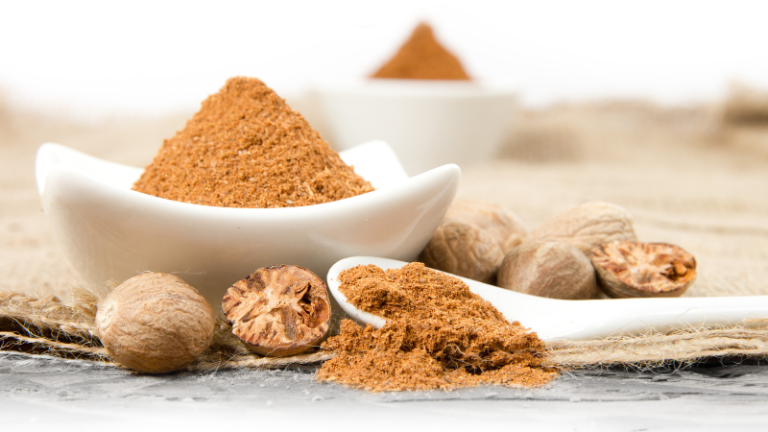Does Dandruff Cause Hair Loss?
Dandruff is a very common condition that’s more prevalent in males than females. Recently, there’s been talk about dandruff actually being a core cause of hair loss.
Well, we’re here to tell you that it’s not, at least not directly. In truth, it is the underlying cause behind that ;
Does dandruff cause hair loss?
Additionally, some of dandruff’s symptoms are also linked with hair loss. In this article, we’ll answer the above age-old question.
In addition to explaining the exact reasons behind hair loss caused by dandruff. So, without any further ado, let’s get straight into it.
Does Dandruff Cause Hair Loss?
Instead of thinking of dandruff as a diagnosis or condition, it should be considered a symptom of an underlying condition.
Dandruff itself refers to the itchy, dry flakes that start developing on your scalp. To be precise, dandruff itself does not cause hair loss, but it does cause you to scratch your scalp so hard that your hair follicles become weak, and you start shedding hair.
This is known as scalp inflammation, which directly damages your hair follicles, causing scarring, eventually slowing down, or stopping hair growth.
Lastly, in addition to scratching, you may twist your hair or aggressively brush it to get the itching to stop, which worsens the condition of your hair follicles, causing you to shed hair.

Causes of Dandruff
We mentioned before that the underlying causes of dandruff may also have something to do with your hair loss. In this section, we’ll dive deep into those causes and establish a connection between them and your hair loss.
As a pretense, you should know that any condition that causes skin flakiness or causes the outer layer of your skin to shed at an unnatural rate can be linked to both dandruff and hair loss.
1. Fungal Infections
If fungi like ringworm infest your body, they can cause intense itching on your scalp. Some research has even linked them to your scalp blistering or going extremely dry. This dryness can cause your hair to fall in clumps and cause dandruff.
2. Psoriasis (of the scalp)
Psoriasis is an autoimmune disorder that can specifically target your scalp. The disorder’s major recognizable symptom is that it causes your skin to dry up, which includes your scalp.
This dryness again causes dandruff, which causes you to violently itch your hair and rip out clumps of them in the process.
3. Folliculitis decalvans
This rare inflammatory disorder actively destroys your hair follicles and inevitably causes alopecia (baldness). As a side effect, the condition also causes red patches to appear on your scalp in addition to, you guessed it, dandruff.
4. Lichen Planopilaris
Lichen planopilaris is a type of alopecia, mainly found in women, that evolves when a skin condition, lichen planus, starts affecting your scalp and hair follicles. Symptoms of this condition include dandruff, dry and flaky rashes, and hair fall.
How to Treat Dandruff
As we’ve alluded to before, there’s only one way to treat heavy hair fall due to dandruff, and that’s by treating the underlying condition.
That’s because dandruff, like hair loss, is actually a symptom of a condition that ultimately makes your scalp dry and flaky. We’ve mentioned four such conditions in the section above, all of which are treatable if you visit a dermatologist or general physician as early as possible.
For possible fungal infections that can lead to dandruff and hair loss, doctors will prescribe your antifungal medications that should help you treat these conditions.
Unfortunately, autoimmune disorders like scalp psoriasis can’t be cured; however, they can be controlled enough to stop them from causing hair loss or dandruff.
Folliculitis decalvans, on the other hand, are a bacterial inflammatory condition that inflames your scalp causing you to itch your hair off. That, too, is treatable through antibiotics and corticosteroids.
Lastly, to cure yourself of lichen planopilaris, you must once again treat the underlying skin condition lichen planus through antimalarial drugs.
200 mg of Hydroxychloroquine taken twice daily is the recommended treatment, but we’d still advise consulting a doctor before taking any medication.
Does Dandruff Shampoo Cause Hair Loss?
Since dandruff is such a common condition these days, many pharmaceutical companies have come up with their own line of anti-dandruff shampoos that are supposed to cure you of dandruff.
However, we’d seriously advise against using any of them to cure your dandruff because, as mentioned before, dandruff is usually a symptom of some underlying condition, and these anti-dandruff shampoos can actually aggravate your hair loss.
That’s because most of these shampoos contain a huge amount of selenium sulfide, which may, in high doses, cause huge amounts of hair loss due to the compound’s side effects, including burning and stinging of the scalp.
It does eliminate dryness which can effectively stop your dandruff, but in the process, it will increase the itching feeling in your scalp, which in turn will cause you to scratch your hair more—inevitably leading to you pulling out clumps of your hair.
Final Thoughts
And there you have it, folks; that was our post answering the question: Does dandruff cause hair loss? We hope you’ve picked up some new information from the article and are now better informed about what causes dandruff and how it’s linked to hair loss.
The main thing to remember is that dandruff does not directly cause hair loss, but it does cause excessive itchiness, which can lead to scratching and hair loss.
For more information on how to cure dandruff or treat your hair loss, we’d advise booking an appointment with the excellent dermatology department offered by holisticare.





